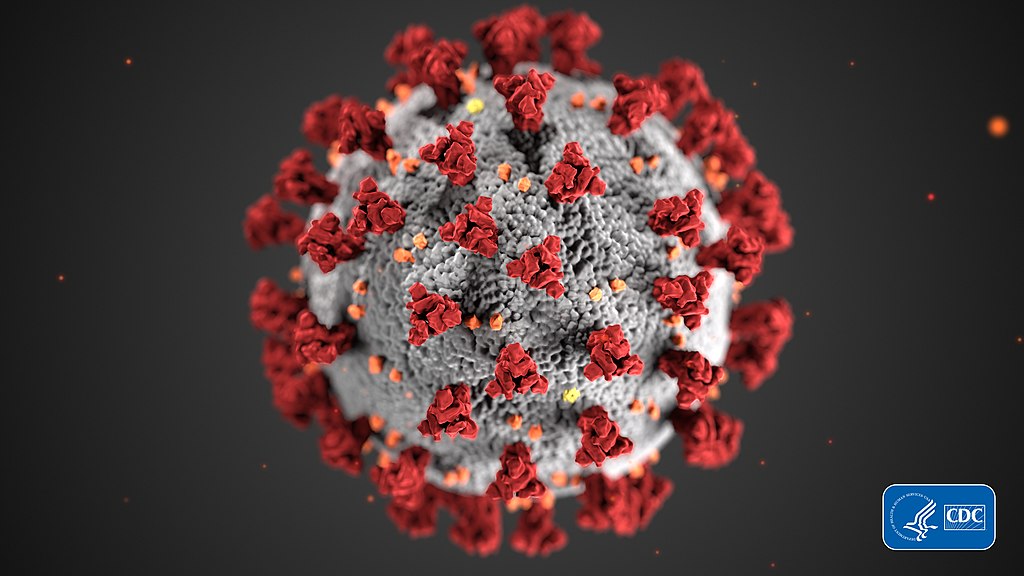Trump Is Providing Free Advertising for a Bunch of Companies that Don’t Offer Paid Sick Leave
Because President Trump’s response to the Covid-19 outbreak largely consists of having press conferences designed to goose the stock market where he calls out a series of big corporations, I will start tracking the paid leave policies of those companies getting all this free advertising. This is particularly important to track given that the House excluded employers with over 500 employees from the paid sick leave benefit in their bailout bill. As you’ll see, a few of these employers rolled out some version of two weeks of sick leave in response to the crisis — but some appear to be written to require a diagnosis of the virus before granting the leave, which is too late to prevent further infections. Others appear to have no sick leave available to the workers providing our food during the crisis.
Until someone with more resources replicates this effort, I will update it as Trump provides more free advertising during the crisis.
Albertsons (President and CEO Vivek Sankaran mentioned on March 15). No leave benefits listed on website. Left message.
Amazon (mentioned on March 15). Emergency policy matches Whole Foods. Diagnosed or quarantined workers can get two weeks paid leave, and employees can have unlimited time off without pay. Delivery workers will have to apply for grants to obtain paid time off.
Campbell Soup Company (CEO Mark Clouse mentioned on March 15). Paid sick leave not differentiated in public benefits package.
Cargill (Chairman and CEO David MacLennan mentioned on March 15). Standard policy provides two weeks of short term disability at 100% of pay, and 6 weeks at 60% of pay. No paid sick leave mentioned.
Costco (CEO Craig Jelinek mentioned on March 15). Paid sick leave is a standard benefit, though on an accrual basis.
Dollar General Corporation (CEO Todd Vasos mentioned on March 15). Barebones benefits publicly listed.
General Mills (CEO Jeff Harmening mentioned on March 15). Expanded paid leave benefits for salaried and non-union production workers, including up to eight weeks of short term disability, in 2019.
Google (mentioned on March 13 and 15). Set up a fund to provide paid sick leave to contractors and temporary employees otherwise not eligible. Also provides pay for hours that furloughed employees would have worked.
Hy-Vee (Chairman, CEO, and President Randy Edeker mentioned on March 15). Website lists paid vacation and personal time, but not sick leave; does claim family medical leave.
Kroger (CEO and Chairman Rodney McMullan mentioned on March 15). Most employees do not get sick leave.
Publix Super Markets (CEO Todd Jones mentioned on March 15). Full time employees accrue paid sick leave, but not part time employees.
Sysco (President and CEO Kevin Hourican mentioned on March 15). Ties pay during leave to paid time off (that is, treats pay as an accrued benefit, not as paid sick leave).
Target (CEO Brian Cornell mentioned on March 15). Enacted an emergency policy offering 14 weeks of paid leave for employees who have tested positive for the virus or who are under mandatory quarantine. It is waiving its absence policy for employees who are not diagnosed but feel too sick to come in or are taking care of children.
Tyson Foods (Donnie King, who is neither CEO nor President, was mentioned on March 15). Hourly workers do not get paid sick days.
Walmart (CEO Doug McMillon mentioned on March 15). Enacted emergency policy offering sick leave to all hourly workers, without the normal 1-year eligibility requirement. If employees choose to stay home it comes out of their regular paid time off. In case of a quarantine, employees will get two weeks of paid leave, which will not count against their existing benefits. If an employee is diagnosed with coronavirus, that person will get two weeks of leave, with up to 26 weeks of “pay replacement” if the employee is unable to return to work.
Whole Foods (Dave Clark mentioned on March 15; John Mackey is the CEO). In response to coronavirus crisis, offered unlimited unpaid time for during March, and two weeks of paid time off if someone is diagnosed with Covid-19. Suggested workers should share their paid time off.

